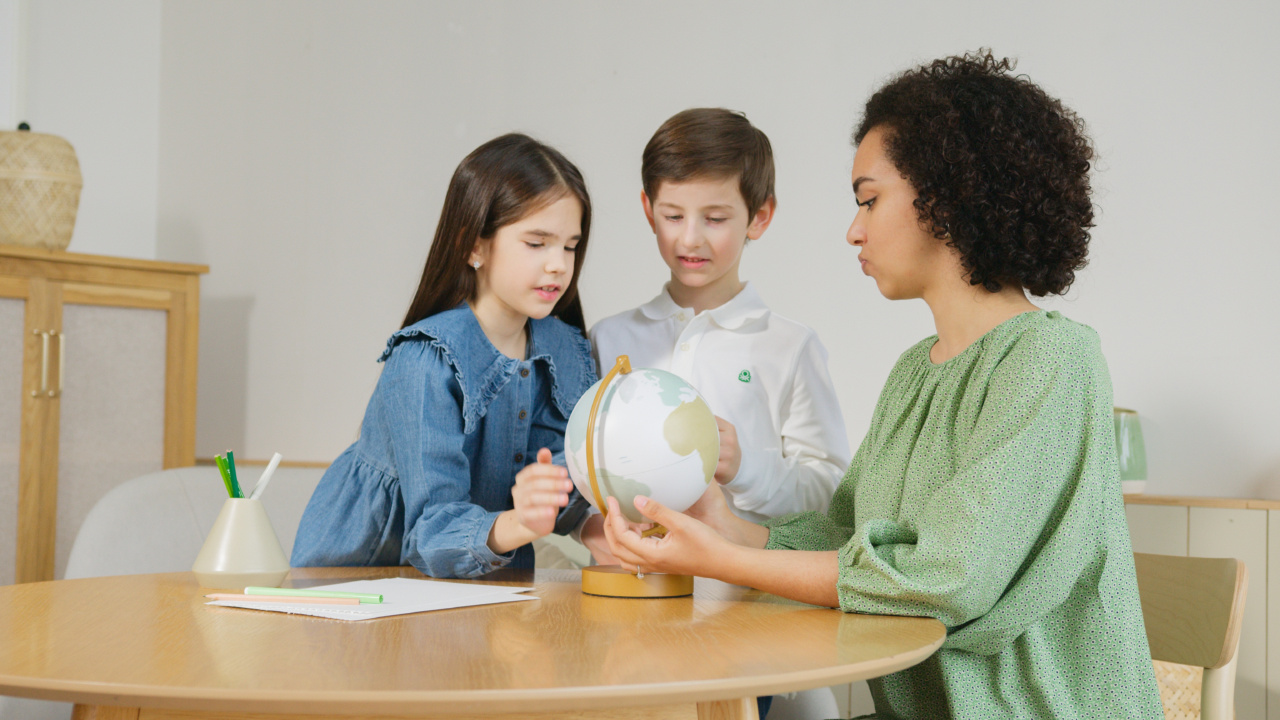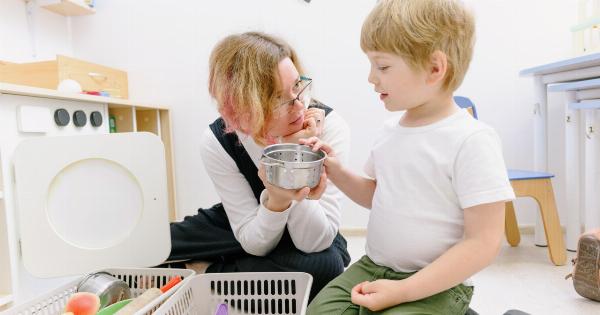Communication is an essential aspect of life, and it is particularly critical in classroom settings.
Effective communication between teachers, students, and parents is necessary for developing strong relationships and ensuring a successful educational experience. Communication is vital for fostering positive attitudes, building trust, and achieving common goals. In this article, we will explore the importance of effective communication in education and how it can benefit teachers, students, and parents.
The Teacher-Student Relationship
The teacher-student relationship is the cornerstone of an effective educational experience. A significant factor in developing this relationship is communication.
Teachers who communicate effectively with their students foster positive attitudes and trust, which are essential for student success. For effective communication to occur, teachers must listen actively, understand their students’ needs, and respond appropriately to their concerns.
Effective communication can also encourage active participation in the classroom. When students feel heard and valued, they are more likely to engage with material, share their ideas, and feel comfortable asking for help.
Additionally, effective communication can help create a positive learning environment by reducing the likelihood of misunderstandings and conflicts.
The Importance of Parent-Teacher Communication
Parent-teacher communication is another crucial aspect of educational success. Parents play a critical role in supporting their child’s education, and effective communication is the key to keeping them informed and involved.
Teachers who communicate effectively with parents can foster trust, build strong relationships, and work collaboratively to ensure a student’s success.
Effective communication can be particularly essential in addressing student struggles. When teachers communicate clearly and effectively with parents, they can work together to create effective solutions and support strategies.
Parent-teacher communication also helps parents feel more informed about their child’s progress and educational needs.
Communication Strategies for Teachers
Effective communication requires effort and intentionality. Teachers can use several strategies to help foster positive relationships and effective communication with their students and parents.
The following are some effective strategies teachers can use:.
1. Active Listening
Active listening is critical for effective communication. When teachers listen actively to their students and parents, they can better understand their concerns and respond appropriately.
Active listening involves focusing on the speaker, asking clarifying questions, and summarizing what was said to ensure understanding.
2. Clear and Concise Communication
Clear and concise communication is critical to avoiding misunderstandings and ensuring that messages are received accurately. Teachers should use language appropriate to their audience and avoid using jargon or technical terms that may be confusing.
Clear and concise communication also includes providing clear instructions and expectations for students.
3. Regular Check-Ins
Regular check-ins can help teachers stay connected with their students and monitor their progress. Teachers can use a variety of methods to check in with their students, such as one-on-one meetings, conferences, or online discussions.
Regular check-ins can help identify potential problems and prevent issues before they become more challenging to address.
4. Interactive Learning
Interactive learning can help foster communication between teachers and students. When students are actively engaged in the learning process, they are more likely to communicate with their teachers and share their ideas.
Interactive learning can include activities such as brainstorming, group discussions, and team-based projects.
Communication Strategies for Parents
Parents also play a crucial role in effective communication. They can use several strategies to foster positive relationships with their child’s teacher and offer support for their child’s education.
The following are some effective strategies parents can use:.
1. Attend Parent-Teacher Conferences
Parent-teacher conferences provide an opportunity for parents to meet with their child’s teacher, discuss their child’s progress, and ask questions.
Attending these conferences can help parents stay informed about their child’s education and communicate effectively with their child’s teacher.
2. Regular Check-Ins
Regular check-ins with teachers can help parents stay informed about their child’s progress and communicate any concerns they may have. These check-ins can include emails, phone calls, or in-person meetings.
Regular check-ins can help prevent misunderstandings and support effective communication between parents and teachers.
3. Supportive Attitude
Parents can foster positive relationships with teachers by maintaining a supportive attitude and showing appreciation for their efforts.
Acknowledging the teachers’ hard work and maintaining a friendly approach can help establish trust and promote effective communication.
Conclusion
Effective communication is a crucial element of a successful educational experience. Teachers who communicate effectively with their students and parents can foster strong relationships and support students’ progress.
Understanding and using effective communication strategies can help ensure positive outcomes for both teachers and students.






























